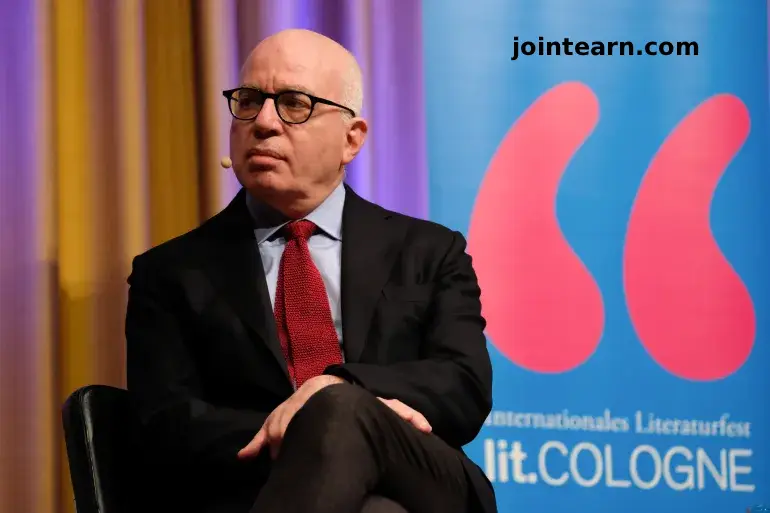
Newly released emails involving convicted sex offender Jeffrey Epstein and bestselling author Michael Wolff have reignited questions about the ethical boundaries of journalism, while also fueling speculation about ties between Epstein and former US President Donald Trump.
The emails, made public by House Democrats on the Oversight Committee, reveal correspondence between Wolff—author of Fire and Fury: Inside the Trump White House—and Epstein in 2015 and 2016, raising concerns over whether Wolff provided strategic advice to Epstein regarding his interactions with Trump.
Wolff Advises Epstein Ahead of 2015 Debate
In one email exchange before a December 2015 CNN presidential debate, Wolff appeared to suggest strategies for Epstein to leverage his connection with Trump. “I hear CNN planning to ask Trump tonight about his relationship with you—either on air or in scrum afterwards,” Wolff wrote. Epstein replied, asking what answer he should give.
Wolff responded, “I think you should let him hang himself. If he says he hasn’t been on the plane or to the house, then that gives you valuable PR and political currency.” He continued with advice on navigating the conversation for Epstein’s benefit.
In a later podcast interview, Wolff acknowledged that his interactions with Epstein were aimed at better understanding Trump, but admitted in “hindsight” his advice could be viewed as “embarrassing.”
Ethical Concerns for Journalists
Experts say Wolff’s involvement highlights the difficult balance journalists must strike when cultivating sources, especially high-profile or influential figures. Jane Kirtley, professor of media ethics at the University of Minnesota, said:
“If you want to be a public relations person, or if you want to be an agent, those are perfectly valid career choices. But they are unfortunately incompatible with journalism because the public has a right to assume and believe that you are acting independently.”
Edward Wasserman, a journalism professor at UC Berkeley, noted that relationships with sources can provide access to vital information, but must maintain ethical boundaries. “The public has the right to be skeptical of cosy relationships with sources,” he said. “A journalist’s role is to serve the public interest, not individual interests of those they cover.”
Comparisons to Other Journalists
The emails also reveal that other journalists, such as former New York Times reporter Landon Thomas Jr., maintained close contact with Epstein. Thomas emailed Epstein regarding a writer researching him and allegedly solicited a $30,000 donation for a cultural center—an action the Times deemed a clear ethics violation.
Wasserman noted that Wolff’s direct participation in advising Epstein, combined with his reporting on Trump, raises questions about his credibility and independence as a journalist.
“The problem is that Wolff was offering advice in a way advantageous to Epstein while presumably preserving the right to report on the consequences,” he said.
Limited Public Benefit
Critics argue that the Wolff-Epstein emails reveal little that advances public understanding of Trump’s role in Epstein’s crimes or sheds light on broader abuses. Wasserman added:
“It occurs to me that Wolff doesn’t do anything to illuminate the core mystery, which is whether Trump was a sexual participant in what was going on with Epstein and these young women. There’s nothing in this where I’m seeing Wolff even asking that.”
Implications for Journalism
The revelations serve as a case study in the ethical dilemmas journalists face when building relationships with powerful sources. Experts emphasize that while insider access can be valuable, crossing the line into advocacy or advising subjects undermines public trust and journalistic integrity.


Leave a Reply